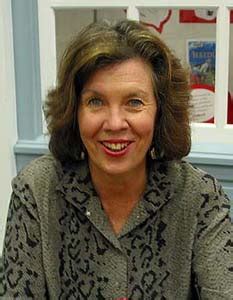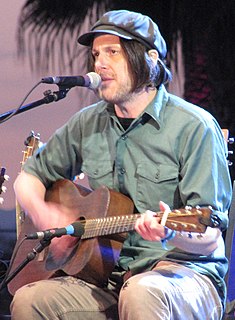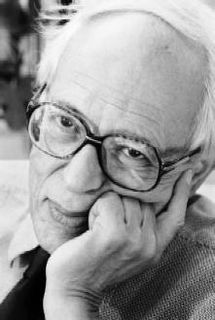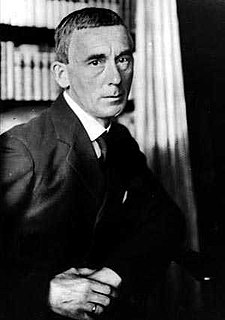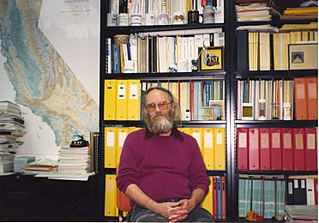A Quote by Nalo Hopkinson
It's the thing I struggle with every day: the mental diligence and stamina needed to sit in front of the computer, open the file, start writing and to keep doing so, word after word, until I've created the next story. A combination of learning disability and chronic health issues make that the hardest thing for me.
Quote Topics
Related Quotes
When I pick up a pencil, that this is a rough draft. This is not going anywhere, and no one's going to see it. You have permission to make all the mistakes you want. It signals freedom to me, and it signals mistakes. Then when I put it on the computer, a different part of my brain kicks in and I really evaluate every single word and sentence and make decisions. I like that step of polishing while I'm rewriting the entire thing, not just cutting and pasting. Really putting in every word and making a decision: is this something I can stand by?
The work saved me. I clung to it like flotsam in a boiling sea. It was the only solitary sport that I ever played, or was any good at. It felt natural to sit at my computer and type and type some more. For entire minutes, while writing, I could forget the godawful thing that had happened. I could forget that nothing really mattered anymore. Perhaps, if I set my sights low, I could care again about some small thing. I would type a word. One word. Then another. I started to care about the words, then entire sentences.
I was like, "This is a new thing that the gay people have decided? That's the gayest thing I've ever heard in my life." You can't do that. You can't decide that a word is forbidden now collectively amongst your group of human beings, that the word is a slanderous evil nasty word about homosexuals. It's not, the word doesn't mean that. And sometimes it's a good word to use in comedy. That's what your friend has to realize when he's at a bar just yelling out the word.
The songs sort of come out spontaneously and it'll take me awhile to figure out what exactly is happening lyrically, what kind of story I'm telling. Then I start building little bridges - word bridges - to make everything go from one point to the next point to the next point until it reaches the end.
I've tried open-ended jobs and found myself incredibly unhappy. I don't like the monomania of showing up every day and doing the same thing. I don't know where my next cheque is coming from, I don't know where my next job is coming from, I have really sketchy health insurance, but I need variety in my life.
The secret of good writing is to strip every sentence to its cleanest components. Every word that serves no function, every long word that could be a short word, every adverb that carries the same meaning that’s already in the verb, every passive construction that leaves the reader unsure of who is doing what—these are the thousand and one adulterants that weaken the strength of a sentence. And they usually occur in proportion to the education and rank.
Each thing has its word, but the word has become a thing by itself. Why shouldn't I find it? Why can't a tree be called Pluplusch, and Pluplubasch when it has been raining? The word, the word, the word outside your domain, your stuffiness, this laughable impotence, your stupendous smugness, outside all the parrotry of your self-evident limitedness. The word, gentlemen, is a public concern of the first importance.
Suppose someone follows the series "1,3,5,7, ..", and in writing the series 2x+1; and he asked himself "But am I always doing the same thing, or something different every time?" If from one day to the next someone promises: "Tomorrow I will give up smoking", does he say the same thing every day, or every day something different?





